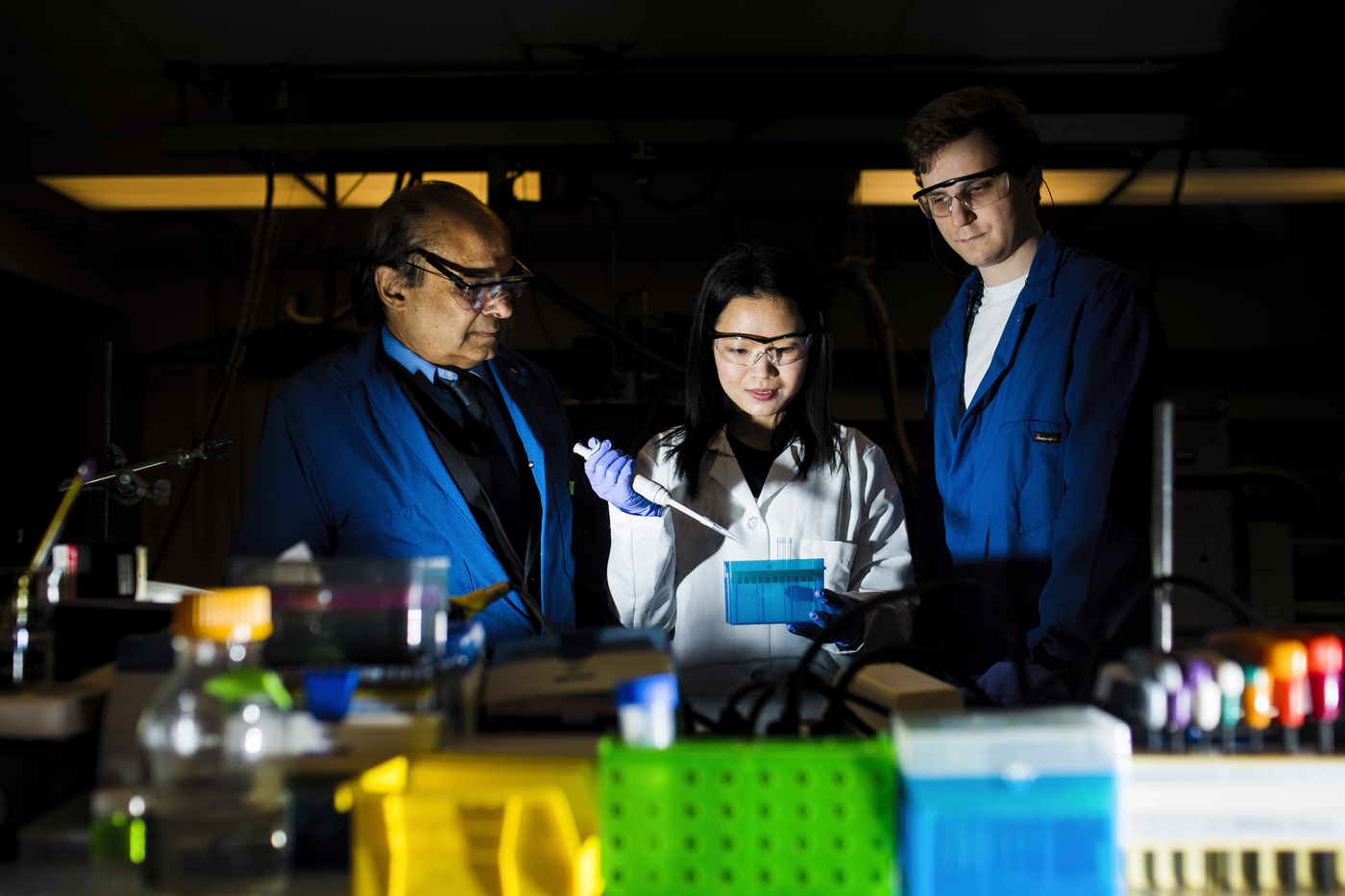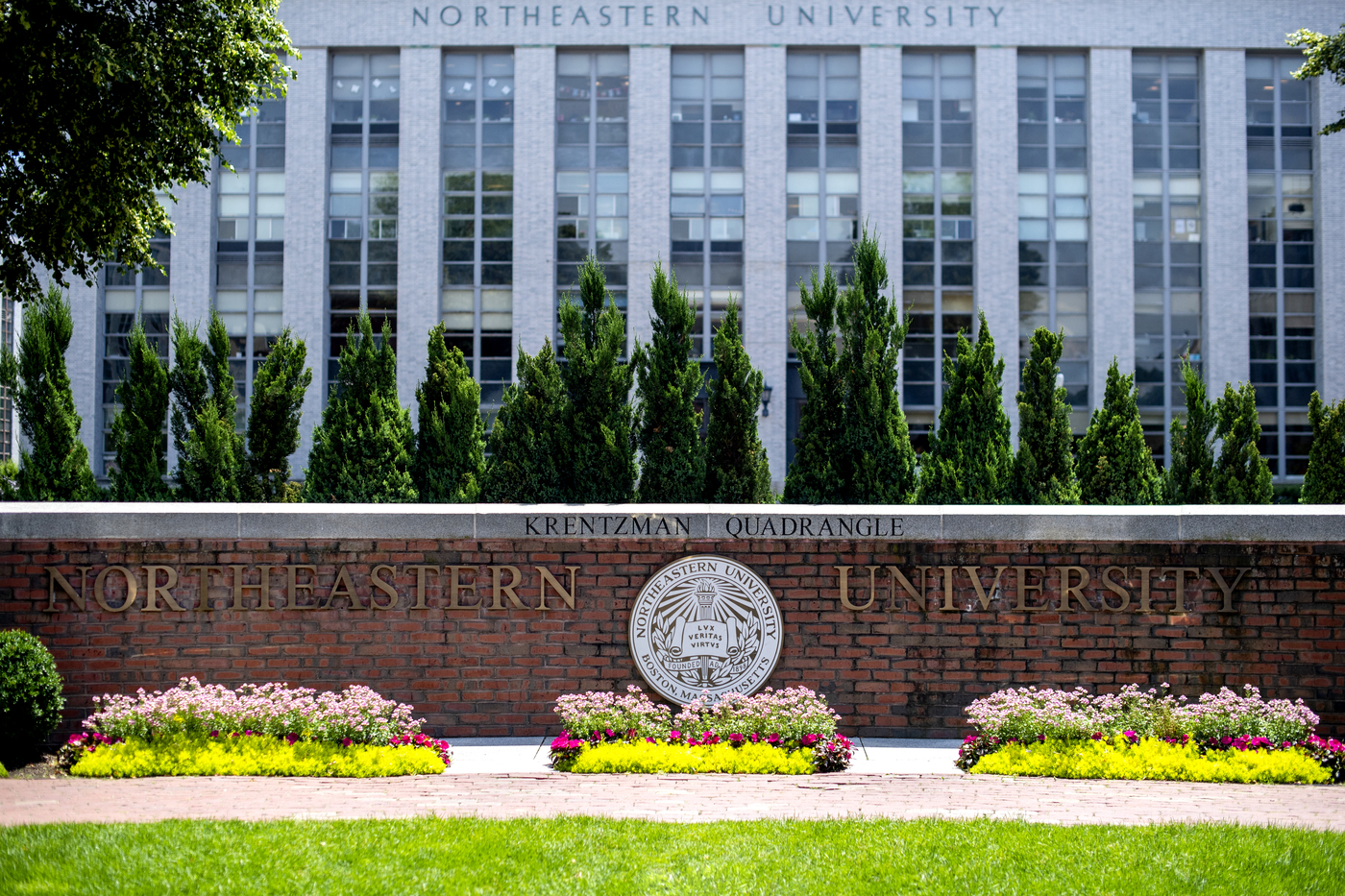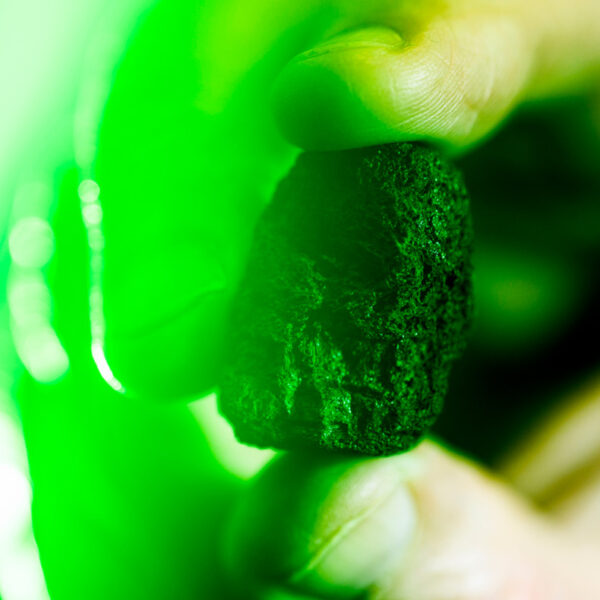
About Us
The College of Science offers distinguished programs in fields
that are at the forefront of discovery, invention, and innovation.
Our degree programs in the physical sciences, life sciences, and mathematics give students a deep understanding of emerging fields such as chemical biology, cognition and neuroscience, environmental and marine science, biochemistry, nanoscience, and network science.
Northeastern’s unique experiential learning approach combined with a strong culture of research provides students with numerous opportunities to collaborate with leading faculty on research projects aimed at solving global challenges.
College of Science
Office of the Dean
Richards 115
360 Huntington Avenue
Boston, MA 02115
617-373-5085

Northeastern University College of Science Vision Statement
The Northeastern University College of Science embraces the “Good Power of Science” to forge excellence in research and education, with key contributions to our Northeastern Global University. We will innovate in high-impact, cross-disciplinary, fundamental, and translational research toward solving crucial global challenges, for a healthy, equitable, and sustainable future. We will implement empowering Science education at every level, for everyone, everywhere. Through creative, research-linked, hands-in learning, College of Science students will emerge as confident, entrepreneurial, ethical problem-solvers who love to learn, with flexible skills for a vast set of careers. Essential for promoting excellence in all spheres, we will expand our diverse, inclusive, collaborative community, where each person is valued and belongs.
People
Michael Abdelmessih
Jeffrey Agar
News





